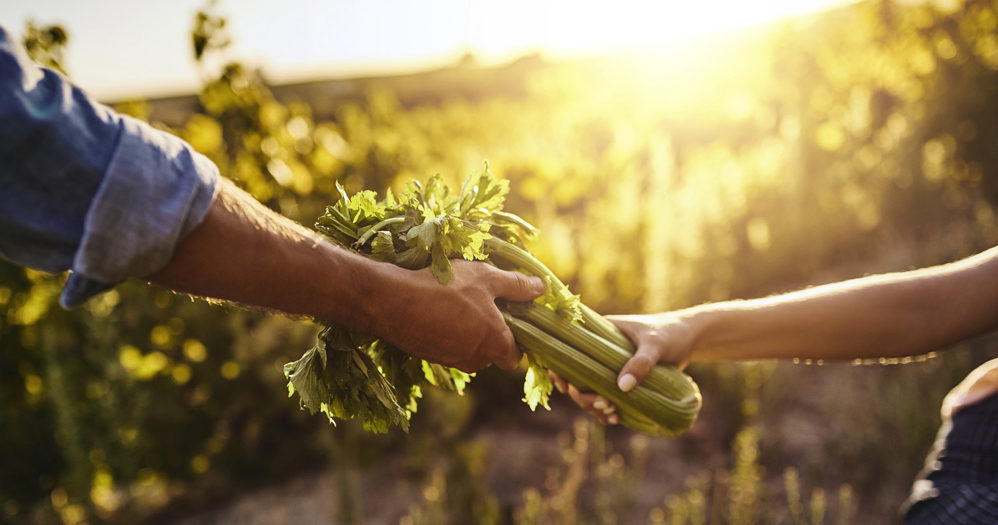Agroecology has hit the big time. With this year’s HLPE report UN FAO and the CFS community continue to set the course of new thinking in food policy and practice.
However, agroecology is different from the celebrated technical interventions of the past. The transformation to an agroecological system demands to overhaul the way we produce and consume food, and address the economic and social systems behind these industries – potentially forcing to resolve the issues about equity, inequality and human rights. In other words, we have to look beyond stand-alone interventions and contemplate system change. Completing this puzzle requires us to re-think agricultural education too.
Swedish University of Agricultural Sciences ( SLU) started to experiment with Master’s Programs on Agroecology and compiled learning from their experiences into a policy brief titled “Becoming an agroecologist – fostering social learning and responsible action for sustainable food systems”. This brief was a collaboration between graduates and their teachers. The brief includes insights from their partner programs at the Norwegian University of Life Sciences (NMBU) and Martyrs University in Uganda (UMU). It was launched at the 46th session of the Committee on World Food Security (CFS 46)
“Agroecology is a way of thinking about agriculture and even about society as a whole in a manner that doesn’t undermine the basis of our lives. It provides us with tools to learn from nature about how to make our societies resilient,” says Shaktima López Hösel, a graduate of the Master’s Program in Agroecology from SLU and the lead author of the brief.
Agroecology embraces ecology and biology, combines it with a range of farming practices that mimic nature and employs equitable and inclusive rights-based approaches. The result is a strategic framework to food system management that offers a tantalizing glimpse of what food systems may be like without vested interests, outdated subsidies and big ag lobbying – it rubs out structural borders and helps to break the silos through cross-sector collaborations.
Such a shift in thinking corresponds to the main priorities of the global sustainability agenda. It responds to the need to move beyond a narrow focus on food production and address the effects of the food system on health, economic development, social inequality, climate change as well as wars and conflicts. It also represents the way of viewing food sustainability as a means to achieve Agenda 2030 in its entirety, embracing the integrative nature of the Sustainable Development Goals.
Agroecology provides great tools for this mission, but we yet to learn how to fully integrate it into our societies. Education is a good place to start because it will produce the kind of specialists who can help re-shape farming, food industry, trade and value chains as well as the policy making around all these areas.
Most of the current higher agricultural education is tailored to economic and industrial needs, indirectly supporting large-scale high-input food production, where the main goal is to learn how to minimize the costs and maximize the profit. Such approaches rarely consider sustainable land use, biodiversity, nutrition or poverty reduction. It also hardly ever encourages students to learn from farmers, indigenous peoples or local communities and does not integrate human rights-based thinking.
Meanwhile, it is essential to pack agricultural education with complementary teachings on social, ecological and economic sustainability as well as all the four dimensions of food security and nutrition; availability; access; utilization and stability if we are to switch its gears into an agroecological mode.
MSc agroecology programmes in Sweden, Ethiopia and Uganda have developed new collaborations among students, academic departments and faculties, farmers and other stakeholders, both at national and international levels. The three programs have stimulated transdisciplinary and action-oriented research and learning processes and catalyzed new research methods, leading to a deeper understanding of what is needed to develop sustainable food systems.
Read the policy brief about agroecology education
Written by Matthew Fielding, Deputy Director, SIANI and Ekaterina Bessonova, Communications Officer, SIANI.
